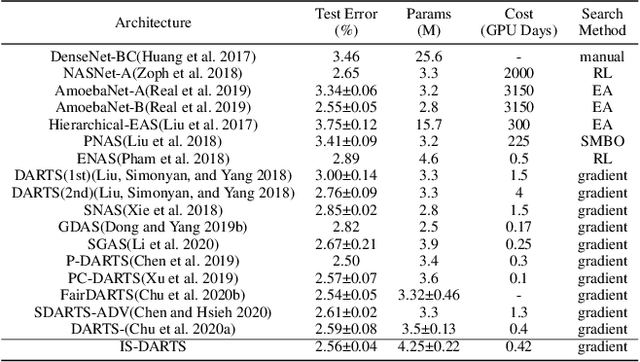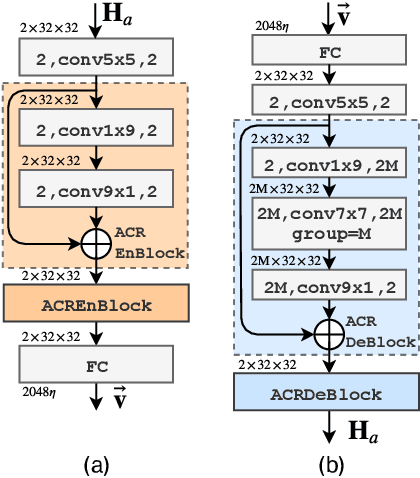Hongyi He
Delay-Aware Task Offloading for Heterogeneous VLC-RF-based Vehicular Fog Computing
Jan 16, 2026Abstract:Vehicular fog computing (VFC) is a promising paradigm for reducing the computation burden of vehicles, thus supporting delay-sensitive services in next-generation transportation networks. However, traditional VFC schemes rely on radio frequency (RF) communications, which limits their adaptability for dense vehicular environments. In this paper, a heterogeneous visible light communication (VLC)-RF architecture is designed for VFC systems to facilitate efficient task offloading. Specifically, computing tasks are dynamically partitioned and offloaded to idle vehicles via both VLC and RF links, thereby fully exploiting the interference resilience of VLC and the coverage advantage of RF. To minimize the average task processing delay (TPD), an optimization problem of task offloading and computing resource allocation is formulated, and then solved by the developed residual-based majorization-minimization (RBMM) algorithm. Simulation results confirm that the heterogeneous VLC-RF architecture with the proposed algorithm achieves a 15% average TPD reduction compared to VFC systems relying solely on VLC or RF.
Age Optimal Sampling for Unreliable Channels under Unknown Channel Statistics
Dec 24, 2024Abstract:In this paper, we study a system in which a sensor forwards status updates to a receiver through an error-prone channel, while the receiver sends the transmission results back to the sensor via a reliable channel. Both channels are subject to random delays. To evaluate the timeliness of the status information at the receiver, we use the Age of Information (AoI) metric. The objective is to design a sampling policy that minimizes the expected time-average AoI, even when the channel statistics (e.g., delay distributions) are unknown. We first review the threshold structure of the optimal offline policy under known channel statistics and then reformulate the design of the online algorithm as a stochastic approximation problem. We propose a Robbins-Monro algorithm to solve this problem and demonstrate that the optimal threshold can be approximated almost surely. Moreover, we prove that the cumulative AoI regret of the online algorithm increases with rate $\mathcal{O}(\ln K)$, where $K$ is the number of successful transmissions. In addition, our algorithm is shown to be minimax order optimal, in the sense that for any online learning algorithm, the cumulative AoI regret up to the $K$-th successful transmissions grows with the rate at least $\Omega(\ln K)$ in the worst case delay distribution. Finally, we improve the stability of the proposed online learning algorithm through a momentum-based stochastic gradient descent algorithm. Simulation results validate the performance of our proposed algorithm.
IS-DARTS: Stabilizing DARTS through Precise Measurement on Candidate Importance
Dec 19, 2023



Abstract:Among existing Neural Architecture Search methods, DARTS is known for its efficiency and simplicity. This approach applies continuous relaxation of network representation to construct a weight-sharing supernet and enables the identification of excellent subnets in just a few GPU days. However, performance collapse in DARTS results in deteriorating architectures filled with parameter-free operations and remains a great challenge to the robustness. To resolve this problem, we reveal that the fundamental reason is the biased estimation of the candidate importance in the search space through theoretical and experimental analysis, and more precisely select operations via information-based measurements. Furthermore, we demonstrate that the excessive concern over the supernet and inefficient utilization of data in bi-level optimization also account for suboptimal results. We adopt a more realistic objective focusing on the performance of subnets and simplify it with the help of the information-based measurements. Finally, we explain theoretically why progressively shrinking the width of the supernet is necessary and reduce the approximation error of optimal weights in DARTS. Our proposed method, named IS-DARTS, comprehensively improves DARTS and resolves the aforementioned problems. Extensive experiments on NAS-Bench-201 and DARTS-based search space demonstrate the effectiveness of IS-DARTS.
Binarized Aggregated Network with Quantization: Flexible Deep Learning Deployment for CSI Feedback in Massive MIMO System
May 01, 2021



Abstract:Massive multiple-input multiple-output (MIMO) is one of the key techniques to achieve better spectrum and energy efficiency in 5G system. The channel state information (CSI) needs to be fed back from the user equipment to the base station in frequency division duplexing (FDD) mode. However, the overhead of the direct feedback is unacceptable due to the large antenna array in massive MIMO system. Recently, deep learning is widely adopted to the compressed CSI feedback task and proved to be effective. In this paper, a novel network named aggregated channel reconstruction network (ACRNet) is designed to boost the feedback performance with network aggregation and parametric rectified linear unit (PReLU) activation. The practical deployment of the feedback network in the communication system is also considered. Specifically, the elastic feedback scheme is proposed to flexibly adapt the network to meet different resource limitations. Besides, the network binarization technique is combined with the feature quantization for lightweight and practical deployment. Experiments show that the proposed ACRNet outperforms loads of previous state-of-the-art networks, providing a neat feedback solution with high performance, low cost and impressive flexibility.
Aggregated Network for Massive MIMO CSI Feedback
Jan 17, 2021



Abstract:In frequency division duplexing (FDD) mode, it is necessary to send the channel state information (CSI) from user equipment to base station. The downlink CSI is essential for the massive multiple-input multiple-output (MIMO) system to acquire the potential gain. Recently, deep learning is widely adopted to massive MIMO CSI feedback task and proved to be effective compared with traditional compressed sensing methods. In this paper, a novel network named ACRNet is designed to boost the feedback performance with network aggregation and parametric RuLU activation. Moreover, valid approach to expand the network architecture in exchange of better performance is first discussed in CSI feedback task. Experiments show that ACRNet outperforms loads of previous state-of-the-art feedback networks without any extra information.
 Add to Chrome
Add to Chrome Add to Firefox
Add to Firefox Add to Edge
Add to Edge